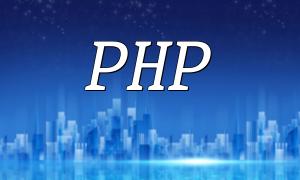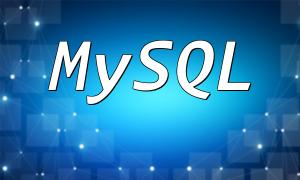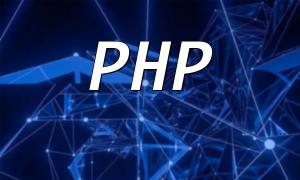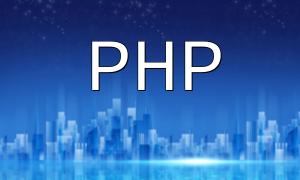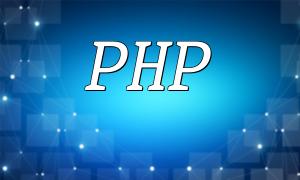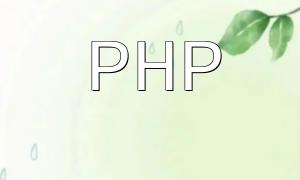As PHP continues to evolve, the upgrade from PHP5.6 to PHP7.4 introduces several new features and performance enhancements, but also brings compatibility issues. This article will guide developers on how to handle these issues to ensure smooth execution of their programs under the new version.
Before upgrading, it's crucial to understand the differences between the new and old PHP versions. You can refer to the official PHP documentation, focusing on the changes to functions, features, and syntax relevant to your program.
PHP7 introduced a stricter error reporting system, and code that did not produce errors in the older version may cause issues in the newer version. After the upgrade, it’s necessary to check the error logs and address any issues that arise.
PHP7 deprecated several older functions and syntax. Developers need to replace these deprecated elements with the new recommended methods. For example:
PHP7 introduced strict type declarations and type checking, requiring developers to explicitly declare function parameters and return types. For example:
PHP7 introduced a more robust namespace system and autoloading features. After the upgrade, developers need to update their code to follow the new standards:
During the upgrade process, using version control tools like Git is highly recommended. By creating branches and tags, you can easily roll back code changes and ensure that any issues can be addressed promptly.
To ensure that your program is compatible with PHP7.4, developers need to understand the version differences, check error logs, update deprecated functions, handle strict type checking, update namespaces and autoloading, and manage code with version control tools. Following these steps will help keep your program stable after the upgrade.
Here are some common code changes:
// Replace mysql functions with mysqli
$connection = mysqli_connect("localhost", "username", "password", "database");
// Replace ereg with preg_match
if (preg_match("/^d+$/", $number)) {
// Handle number logic
}
// Use new syntax for deprecated class and method calls
$instance = new ClassName();
// Use declare(strict_types=1) to enable strict mode and declare function parameters and return types
declare(strict_types=1);
function addNumbers(int $a, int $b): int {
return $a + $b;
}
// Use ?? operator to handle possibly null variables or objects
$name = $_GET['name'] ?? 'Guest';
These are some common code examples, but specific changes may vary depending on your project. Always remember to conduct thorough testing after making changes to ensure stability under the new PHP version.


